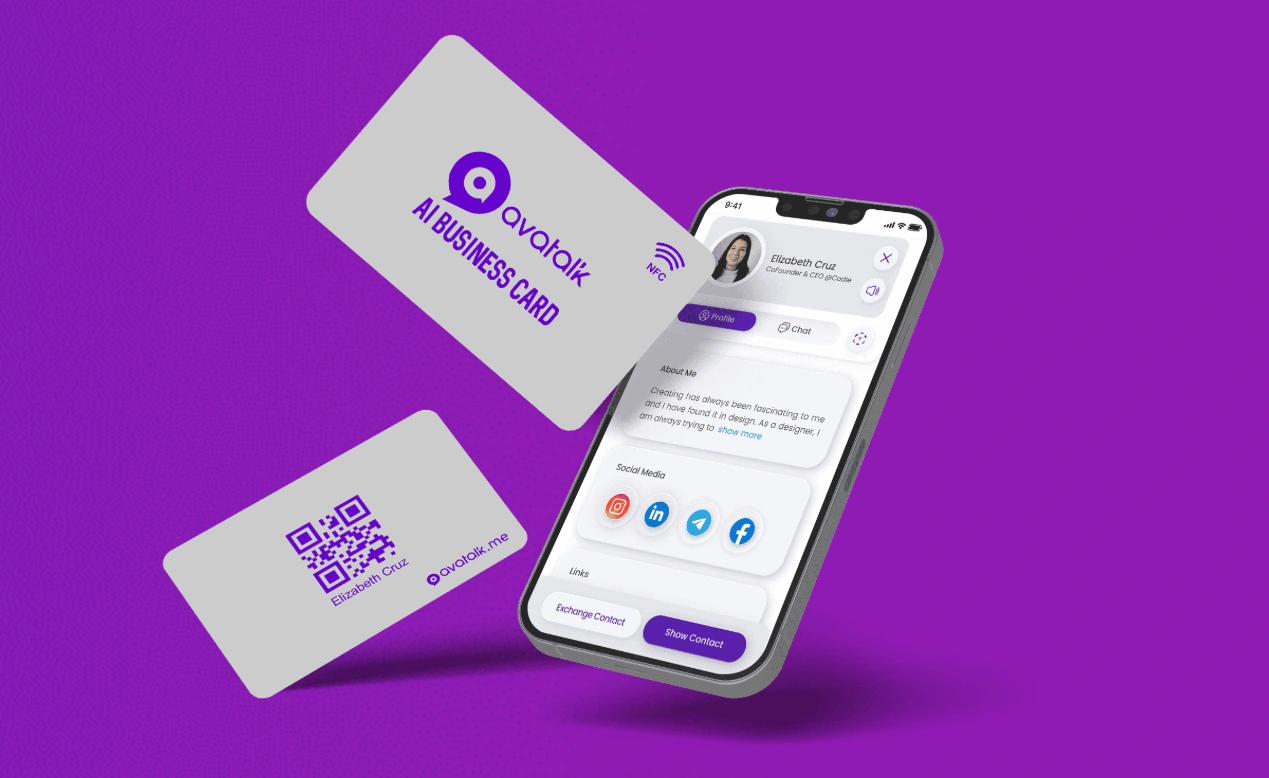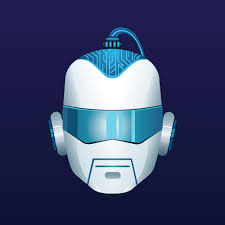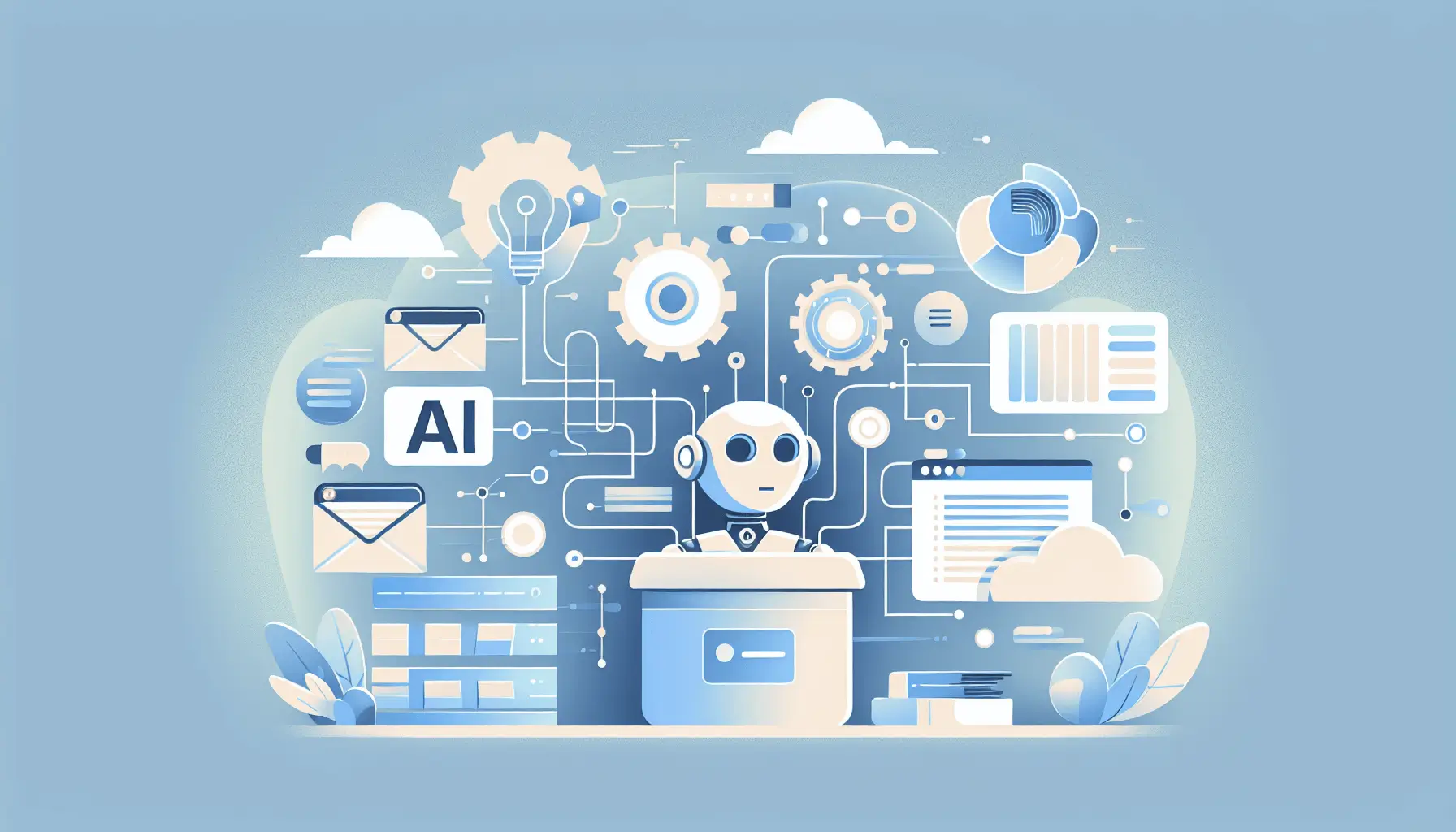Why Robots Aren’t the Enemy: Nobel Winner Talks Automation
Ah, automation—the big, scary concept that sparks dystopian nightmares of robots stealing jobs and turning us into their servants. Or at least, that’s what some people would have you believe. But if you talk to Daron Acemoglu, Nobel Prize-winning MIT professor, he’ll tell you something different: the economic impact of AI and automation is, well, a little overhyped.
The Overhype of AI and Automation
We’ve all seen it—headlines screaming that AI is taking over everything, that autonomous systems will replace millions of workers, and that your job (yes, yours) is next. But Acemoglu argues that this panic is misplaced. Sure, automation is changing industries, but it’s not the villain in a sci-fi movie.
In reality, AI’s economic gains haven’t been as mind-blowing as tech evangelists claim. Acemoglu suggests that while automation can boost productivity, the way it’s currently implemented often benefits corporations more than workers. And that’s where things get interesting.
Who Really Wins from Automation?
Let’s be real—when a company introduces AI-driven processes, who actually reaps the rewards? The business owners, the executives, the shareholders. Workers? Not so much. In the current system, automation tends to replace jobs rather than create new opportunities for humans.
Acemoglu points out that we need to rethink how we use AI. Instead of focusing solely on replacing human labor, why not use it to enhance human productivity? Imagine AI tools that make developers more efficient rather than replace them entirely. Wouldn’t that be a better outcome?
Tech Doesn’t Have to Be a Job Killer
Despite all the doom and gloom, automation isn’t inherently bad. The real issue is how we choose to implement it. Historically, technological advancements have led to new job opportunities—just not always in ways we expect.
Consider these alternatives for AI-driven growth:
- Using AI to assist workers rather than replace them.
- Investing in retraining programs to help workers adapt to automation.
- Encouraging AI applications that create new industries and roles.
It’s not AI that’s killing jobs; it’s businesses prioritizing cost-cutting over people. If companies truly cared about innovation, they’d look at how technology can complement human skills rather than eliminate them.
The Future of Work: Human + AI
Here’s a wild thought—what if robots and humans could actually work together? (Shocking, I know.) Instead of pitting AI against people, we should focus on collaboration. AI should be used as a tool, not a replacement.
The responsibility lies with governments, companies, and even us developers. How can we build AI that empowers human workers instead of rendering them obsolete? What kind of policies can support a future where automation works for everyone?
Acemoglu’s message is clear: automation is neither savior nor villain. It’s just a tool, and like any tool, its impact depends on how we use it. So maybe it’s time to stop blaming the robots and start asking better questions about the humans in charge.












